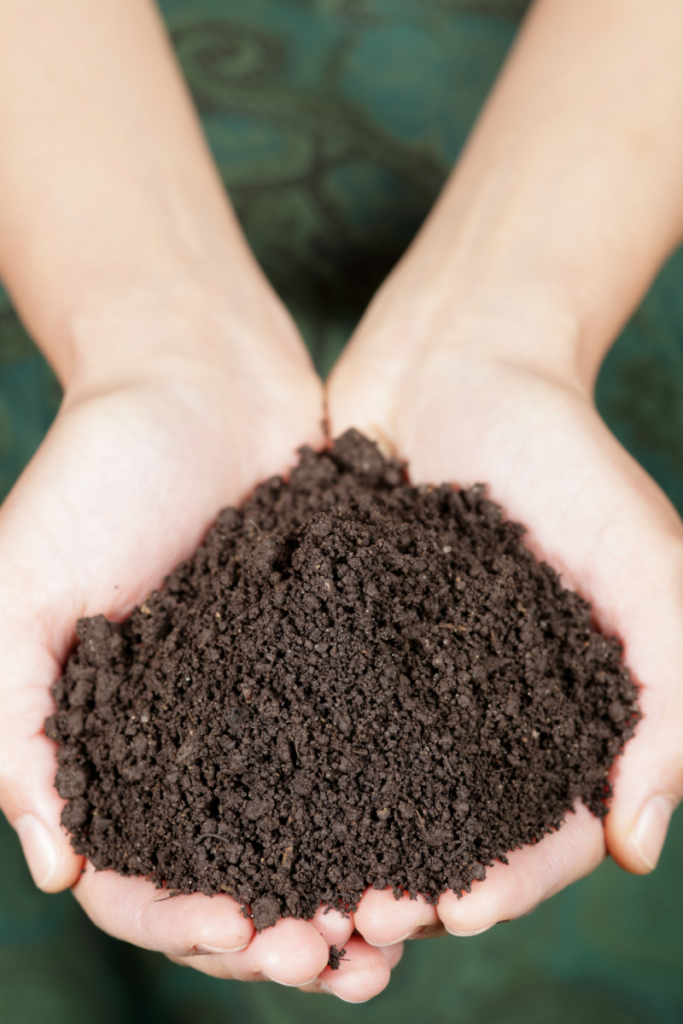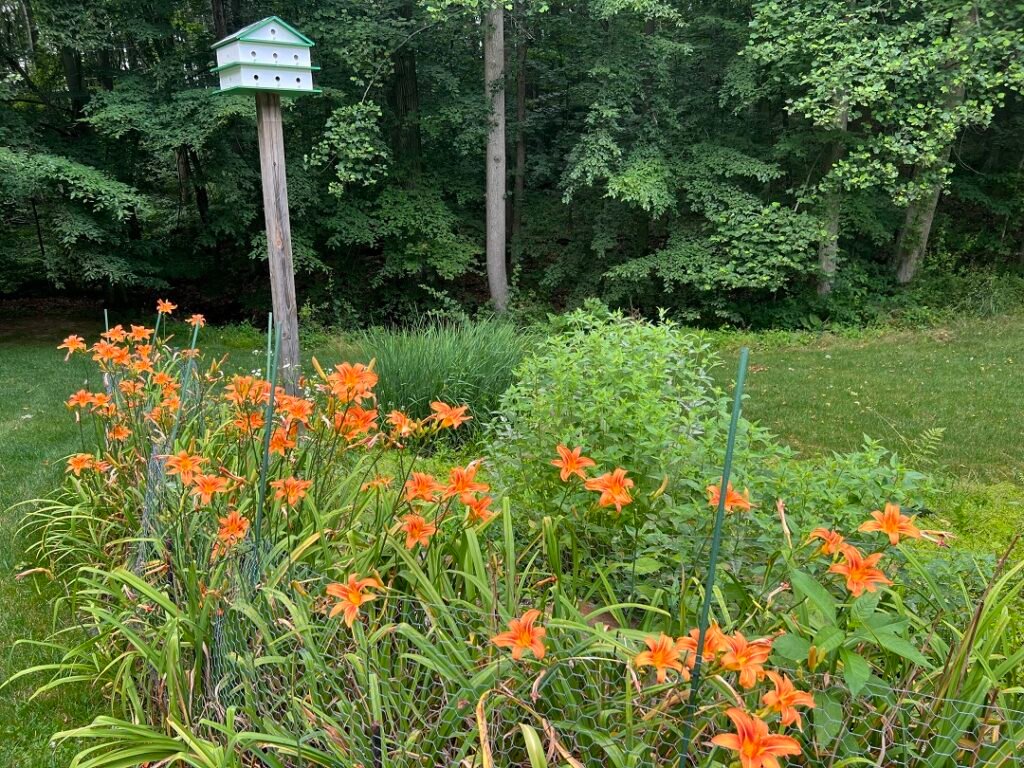In today’s world, where environmental consciousness is not just appreciated but necessary, eco-friendly gardening emerges as a beacon of hope and action. This practice is not merely about growing plants; it’s a testament to sustainable living, reducing our carbon footprint, and nurturing our planet back to health. By integrating organic practices into our gardening routines, we can create lush, vibrant spaces that are not only beautiful but also beneficial to the earth.
Understanding Eco-Friendly Gardening
Eco-friendly gardening encompasses a holistic approach to nurturing your outdoor space. It prioritizes the health of the ecosystem, focusing on methods that support soil health, conserve water, and enhance biodiversity. Organic practices lie at the heart of this philosophy, steering clear of synthetic chemicals to favor natural, sustainable solutions. The result? A garden that thrives in harmony with nature.
Starting with Soil Health
Composting: The cornerstone of organic gardening, composting, turns kitchen and yard waste into gold for your garden. It enriches the soil, introduces beneficial microorganisms, and helps retain moisture. Start by setting up a simple compost bin in your yard and add your green (nitrogen-rich) and brown (carbon-rich) materials. Over time, you’ll create a nutrient-rich amendment for your garden beds.
Natural Soil Amendments: Beyond compost, other organic materials like leaf mold, worm castings, and green manures can dramatically improve soil structure and fertility. These amendments ensure your plants have the nutrients they need to grow strong and healthy.
Water Conservation Techniques
Rainwater Harvesting: Installing a rain barrel is a simple, effective way to capture and store rainwater for garden use. This practice reduces your reliance on municipal water systems and ensures your plants get the pure, unchlorinated water they prefer.
Drip Irrigation and Mulching: Drip irrigation delivers water directly to the roots of your plants, minimizing waste and evaporation. Pair this with a generous layer of organic mulch to keep the soil moist, suppress weeds, and gradually improve soil quality.
Choosing the Right Plants
Native Plants: Embrace the beauty and resilience of native plants. Adapted to your local climate and soil conditions, they require less water, resist pests and diseases naturally, and provide essential habitats for pollinators and wildlife.
Drought-Tolerant Varieties: Incorporating drought-tolerant plants into your garden design ensures your green space remains vibrant, even in dry conditions. These plants are not just survivors; they’re a testament to the adaptability and resilience of nature.
Pest Management and Pollination
Natural Pest Control: Forget synthetic pesticides. Natural solutions like neem oil, diatomaceous earth, and beneficial insects (ladybugs, lacewings) can manage pests without harming the ecosystem. Encourage a balance of predators and prey to keep garden pests in check naturally.
Encouraging Beneficial Insects: Pollinators and predatory insects are the unsung heroes of the garden. Attract them with a diversity of flowering plants, providing shelter and water to create a welcoming habitat.
Reducing Waste in the Garden
Upcycling and Recycling: Get creative with materials already at your disposal. Old containers, pallets, and even broken pots can find new life as planters, trellises, or decorative elements in your eco-friendly garden.
Organic Waste Management: See your garden waste not as trash, but as a resource. Turn plant clippings into mulch, and consider a worm bin for kitchen scraps. These practices close the loop, creating a sustainable cycle that benefits your garden and the planet.
Community Involvement and Education
Community Gardens: Joining or starting a community garden can amplify the impact of eco-friendly gardening. These spaces foster community, educate the public about sustainable practices, and provide fresh produce to those in need.
Workshops and Sharing Knowledge: Share your journey into eco-friendly gardening with others. Workshops, local gardening clubs, and online forums are excellent venues to exchange ideas, learn new techniques, and inspire more people to embrace organic practices.
Conclusion
Eco-friendly gardening is more than a hobby; it’s a commitment to stewarding the environment for future generations. By integrating organic practices into our routines, we not only enrich our own lives but also contribute to a healthier, more sustainable world. Let’s cultivate our gardens with mindfulness and purpose, knowing that every plant, every compost pile, and every rain barrel is a step towards a greener tomorrow.
Disclaimer: This blog post is for informational purposes only and aims to promote sustainable and eco-friendly gardening practices. While we strive to provide accurate and useful information, gardening results can vary based on a multitude of factors. Readers are encouraged to conduct further research and consult with local gardening experts when necessary.





